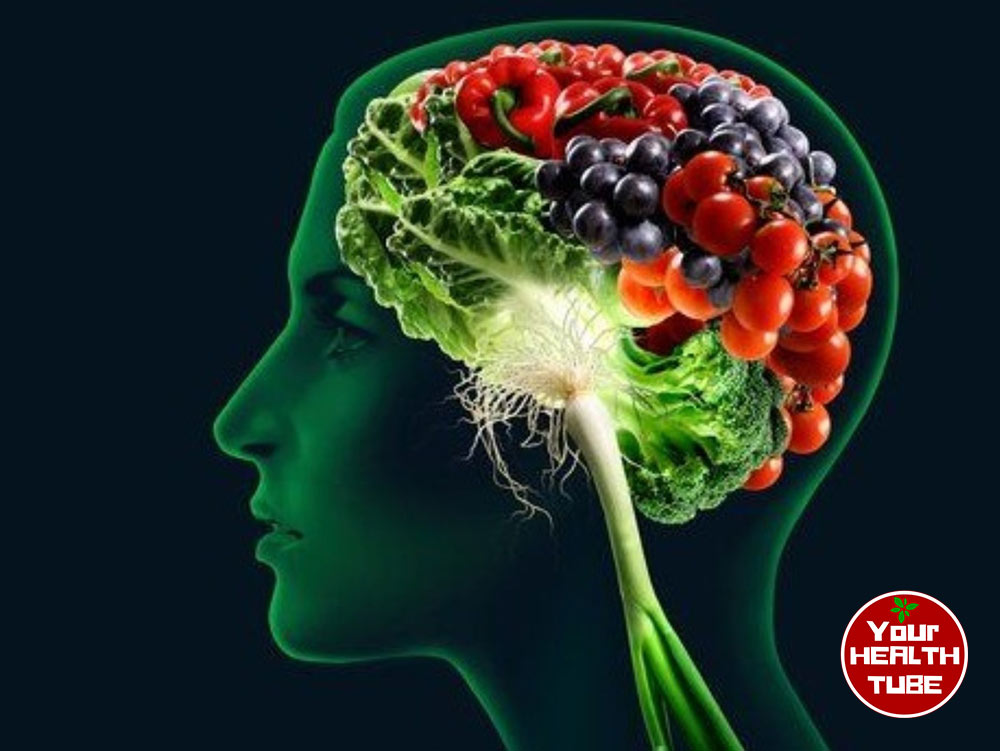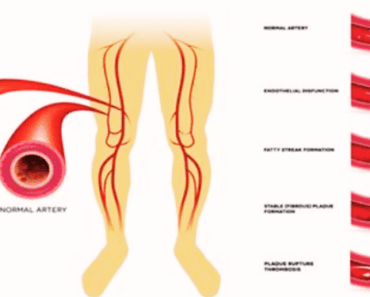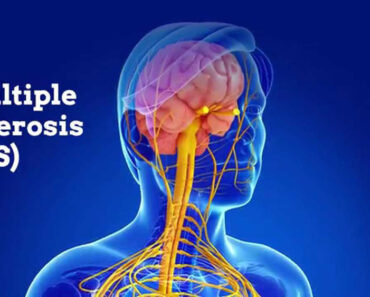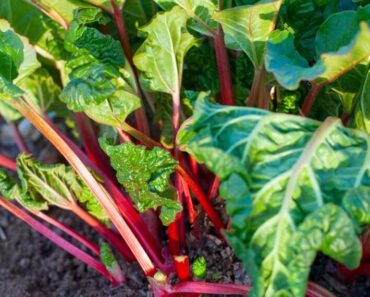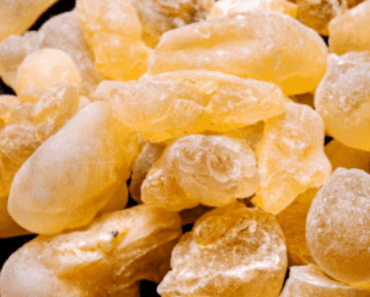Brain food is a nourishment thought to be beneficial to our brain, especially in increasing memory concentration and intellectual power. Eating well is good for our mental and physical health. Our brain requires nutrients just like our muscles, lungs, and heart.
The body and mind are directly affected by our daily and accumulative food choices.
The reason that some foods are a much better choice than others is because processing eliminates nutrients – the main reason we are wired to consume in the first place!
You can see foods labeled “fortified” or “enriched”, which means that artificial nutrients have been added back in.
To boost your immune function, regulate your mood, and your muscle and nerve responses, and eat whole foods.
Powerful Brain Food
Here is a brain-fuel list of the most powerful brain foods that are ideal for your health and will help you improve your memory and concentration.
- Green tea because caffeine can make you more alert
Caffeine can be found in coffee, green and black tea, energy drinks, chocolate, and certain medications. It can give you a great wake-up buzz but the effect is short-term.
That’s why Your Heath Tubers suggest you consume green tea for two reasons: it contains caffeine and an ingredient known as L-theanine that increases calmness and releases caffeine more slowly. This combination will improve your ability to stay focused for longer.
- Fatty fish because omega-3 fatty acids are key for brain power
Fatty fishes contain omega-3 fatty acids that help memory and mental performance. A diet that is high in these fatty acids is related to lower dementia and stroke risk. Plus, they play a significant role in enhancing memory, particularly as we get older.
To improve the health of your heart and brain, consume 2 servings of fatty fish weekly. The main sources of fatty fish are trout, salmon, mackerel, sardines, herring, and pilchards.
- Dark Chocolate, Nuts, and Flax Seeds because of the great antioxidant properties that can help you focus
Nuts and seeds are rich in Vitamin E which has been linked to less cognitive decline as we get older.
Flax seeds contain fiber, B vitamins, and omega-3 fatty acids, and along with dark chocolate are high in magnesium can help with mental clarity, focus, and weight loss.
The dark chocolate will give you energy and improve your mood. However, this doesn’t mean that you should eat a whole dark chocolate – 2 pieces are just enough.
- Whole Grains and Avocado because monounsaturated fats help with healthy blood flow
Every organ in our body depends on the blood flow, especially the brain and heart. A diet high in avocados and whole grains can cut the risk of cardiovascular diseases and lower “bad” cholesterol.
The abilities to focus and concentrate come from the adequate energy supply in the form of glucose in the blood of our brain. You can achieve this by including more avocado and whole grains in your diet.
Wheat bran, brown cereals, brown pasta, granary bread, and avocado fruits are tasty ways to fire up your brain cells.
- Blueberries because they contain an “anti-oxidant cocktail” that protects the brain from damage
The antioxidants from berries stimulate the blood flow and oxygen to the brain. That makes them powerful food that can boost memory and concentration.
Blueberries can also reduce the risk of dementia, Alzheimer’s disease, heart disease, and cancer.
The right way to take brain food
- Do you skip breakfast quite often?
Having breakfast improves your metabolism and raises your energy levels throughout the day. Plus, many researchers have proven that breakfast can improve attention and memory.
Try to include fruits, high-fiber whole grains, nuts, and seeds in your breakfast. You can finish with a tasty piece of dark chocolate as morning dessert. Unlike the other items on our brain-fuel list, flax seeds cannot be eaten alone – they’re great sprinkled on oatmeal, smoothies, cereal, salad, yogurt, and more.
Enjoy up to a daily portion of nuts to get all the health benefits you need with a minimum of excess fat, calories, or sugar.
- Enhance Alertness with Glucose
Our brain loves sugar! Not table sugar, but glucose. Our body processes the carbs and sugars that we eat. That’s why a glass of tasty sweet drink in the morning can boost your thinking, memory, and mental abilities. Your Health Tubers recommend starting your day with a 100 % natural juice.
Note: Be careful with your sugar intake, it can pack on your pounds.
- Vitamins, Minerals & Supplements?
Nowadays, you can find supplements in every grocery store and supermarket. Many of them can help you boost your brain power but they cannot be as effective as a natural brain food. Vitamins like beta-carotene, magnesium, vitamins B, C, and E are only useful to people who need some specific nutrient in their diet.
Some studies are optimistic about ginkgo, ginseng, herb, vitamin, and mineral combinations and their impact on our brains, but more proofs are still required.
If you want to include supplements in your diet consult your doctor or nutritionist.
- Good Morning!
Start your day with 100% fruit juice, a cup of green tea (or coffee), and a whole-grain bagel with fatty fish.
In addition to a good brain food dish, you should also:
- Get a good night’s sleep.
- Drink plenty of water.
- Exercise to help sharpen memory and thinking.
- Meditation to clear your negative thoughts and relax.
Conclusion:
A good diet regimen will benefit your brain: strive for a healthy diet full of a wide variety of brain foods to increase your abilities to concentrate and stay focused. Include these foods and drinks in your diet because good food can boost your mental clarity, memory, and mood.
[toggle title=”Reference”]Webmd.com[/toggle]

